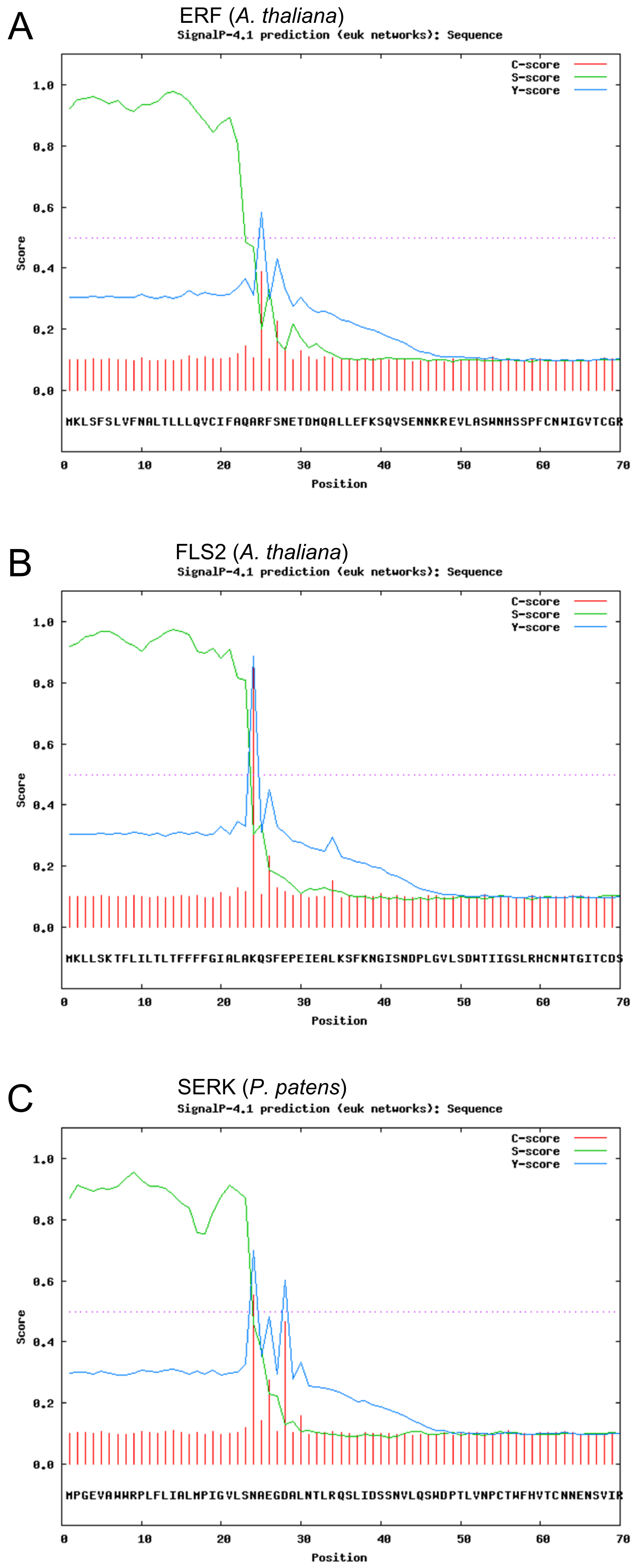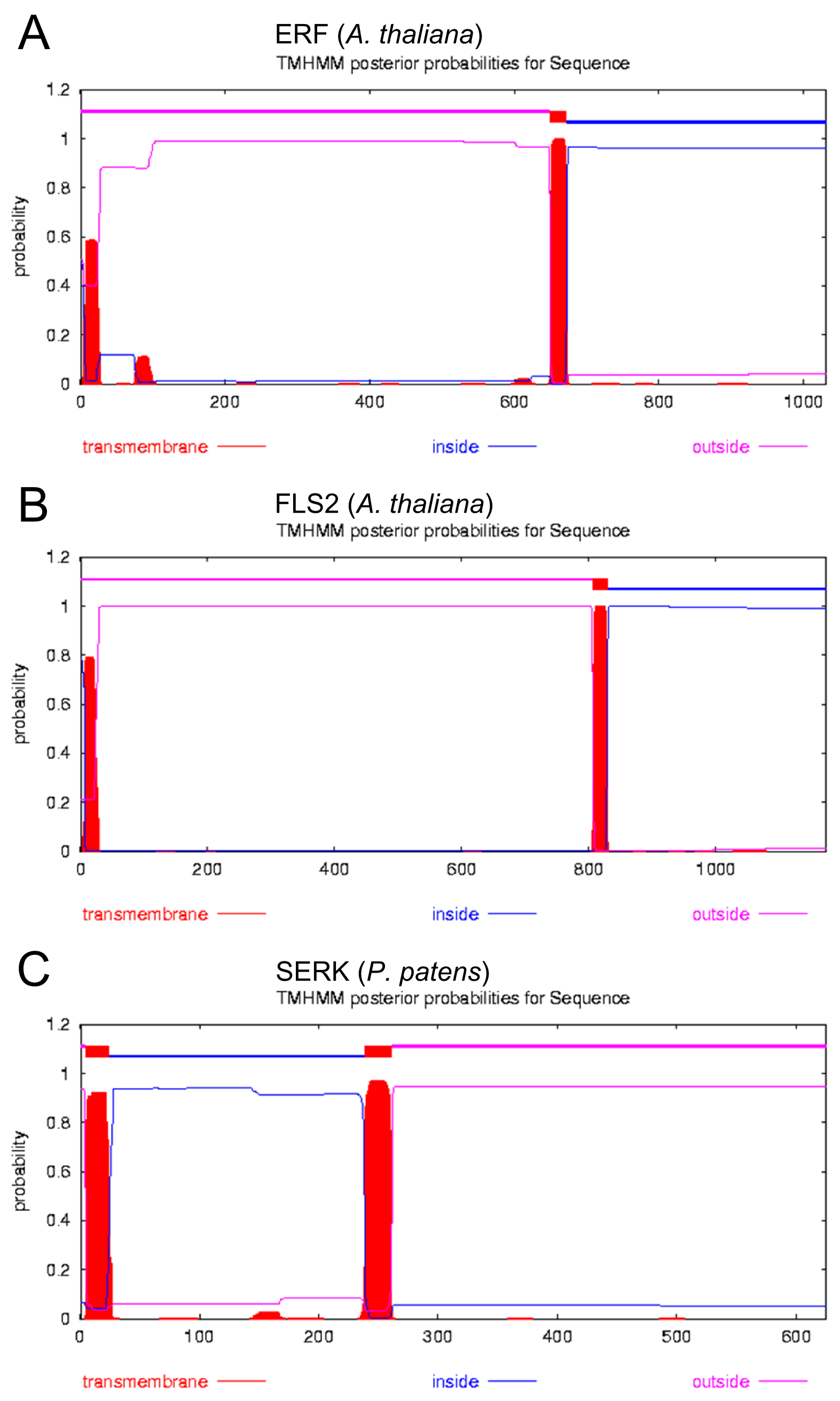Team:TU-Munich/Modeling/Protein Predictions
From 2013.igem.org
$(document).ready(function(){
// put the footer in the right place
$("#footer-box").prepend($("#social-footer"));
// implement image preloading
var images = new Array()
function preload() {
for (i = 0; i < preload.arguments.length; i++) {
images[i] = new Image()
images[i].src = preload.arguments[i]
}
}
// preload menu backgrounds
preload( " ",
",
"", "
", "
", "
", "
" );
// preload team pictures
if ( $("div#teamfield").length > 0 ) {
preload( " ",
",
"", "
", "
", "
", "
", "
", "
", "
", "
", // Katrin "
", "
", "
", "
", "
", "
", "
", "
", "
", // Rosario "
", "
", "
", "
", "
", "
", "
", "
", "
", // Fabian "
", "
", "
", "
", "
", "
", "
", "
", "
", // Andreas "
", "
", "
", "
", "
", "
", "
", "
", "
", // Louise "
", "
", "
", "
", "
", "
", "
", "
", "
", // Johanna "
", "
", "
", "
", "
", "
", "
", "
", "
", // Meike "
", "
", "
", "
", "
", "
", "
", "
", "
", // Volker "
", "
", "
", "
", "
", "
", "
", "
", "
", // Polte "
", "
", "
", "
", "
", "
", "
", "
", "
", // Leonie "
", "
", "
", "
", "
", "
", "
", "
", "
", // Philipp "
", "
", "
", "
", "
", "
", "
", "
", "
", // Jeff "
", "
", "
", "
", "
", "
", "
", "
", "
", // Chris "
", "
", "
", "
", "
", "
", "
", "
", "
", // Flo "
", "
", "
", "
", "
", "
", "
", "
" );
}
// Slideshows
$('.bxslider').bxSlider({
responsive: false, auto: true, autoHover: true
});
$('.bxgallery').bxSlider({
slideMargin: 10, minSlides: 3, maxSlides: 3, moveSlides: 1, slideWidth: 5000
});
$("ul.bxgallery img").slimbox({ loop: true }, function(el) { url = el.src; url = url.substring(0, url.lastIndexOf('/')); url = url.replace('/thumb/', '/'); // description = $(el).parents("div.thumbinner").children("div.thumbcaption").text(); return [url, ]; }, function(el) { return (this == el) || (this.parentNode.parentNode && (this.parentNode.parentNode == el.parentNode.parentNode)); });
// Counter and Countdown
function render_counter(c) { i = 0; iid = window.setInterval(function(){ if ( (c-i) > (c/200) ) { $('span#counter').html(i); i += Math.round(c/200); } else { $('span#counter').html(c); window.clearInterval(iid); } }, 10); }
if ($('span#counter').length > 0) { $.ajax({ url: "https://2013.igem.org/Special:PopularPages", success: function( html ) { dom = $.parseHTML(html); visitors = $(dom).find('a[title="Team:TU-Munich"]').parent().text(); visitors = visitors.substring(visitors.indexOf('(')+1); visitors = visitors.substring(0, visitors.indexOf(' ')); visitors = visitors.replace(',', ); render_counter(visitors); }, error: function( xhr, status ) { render_counter(4700); } }); }
if ($('span#countdown) { clock = window.setInterval(function(){ jetzt = new Date(); time_left = Date.UTC(2013, 9, 5, 4, 0, 0) - Date.UTC(jetzt.getUTCFullYear(), jetzt.getUTCMonth(), jetzt.getUTCDate(), jetzt.getUTCHours(), jetzt.getUTCMinutes(), jetzt.getUTCSeconds()); left_sec = (time_left/1000)%60; left_sec = (left_sec < 10) ? "0" + left_sec : left_sec; left_min = Math.floor(time_left/60000)%60; left_min = (left_min < 10) ? "0" + left_min : left_min; left_h = Math.floor(time_left/3600000)%24; left_h = (left_h < 10) ? "0" + left_h : left_h; left_d = Math.floor(time_left/86400000); left_d = (left_d == 1) ? left_d + " day" : left_d + " days"; $('span#countdown').html(left_d + " " + left_h + ":" + left_min + ":" + left_sec); }, 1000); }
// Animate teamfield
if ( $("div#teamfield").length > 0 ) {
var $members = $("div#teamfield a");
$("body").mousemove(function(event){ for (i=0; i<$members.length; i++) {
if ( $members.eq(i).offset().left > event.pageX ) {
if ( $members.eq(i).offset().top > event.pageY ) {
$members.eq(i).removeClass();
$members.eq(i).addClass("top-left");
} else if ( $members.eq(i).offset().top <= event.pageY && ( $members.eq(i).offset().top + $members.eq(i).height() ) >= event.pageY ) {
$members.eq(i).removeClass();
$members.eq(i).addClass("left");
} else if ( ( $members.eq(i).offset().top + $members.eq(i).height() ) < event.pageY ) {
$members.eq(i).removeClass();
$members.eq(i).addClass("bottom-left");
}
} else if ( $members.eq(i).offset().left <= event.pageX && ( $members.eq(i).offset().left + $members.eq(i).width() ) >= event.pageX ) {
if ( $members.eq(i).offset().top > event.pageY ) {
$members.eq(i).removeClass();
$members.eq(i).addClass("top");
} else if ( $members.eq(i).offset().top <= event.pageY && ( $members.eq(i).offset().top + $members.eq(i).height() ) >= event.pageY ) {
$members.eq(i).removeClass();
$members.eq(i).addClass("front");
} else if ( ( $members.eq(i).offset().top + $members.eq(i).height() ) < event.pageY ) {
$members.eq(i).removeClass();
$members.eq(i).addClass("bottom");
}
} else if ( ( $members.eq(i).offset().left + $members.eq(i).width() ) < event.pageX ) {
if ( $members.eq(i).offset().top > event.pageY ) {
$members.eq(i).removeClass();
$members.eq(i).addClass("top-right");
} else if ( $members.eq(i).offset().top <= event.pageY && ( $members.eq(i).offset().top + $members.eq(i).height() ) >= event.pageY ) {
$members.eq(i).removeClass();
$members.eq(i).addClass("right");
} else if ( ( $members.eq(i).offset().top + $members.eq(i).height() ) < event.pageY ) {
$members.eq(i).removeClass();
$members.eq(i).addClass("bottom-right");
}
}
} });
}
});
Prediction of Protein Structures
Search for Homologous Structures using HHpred
Table 1:
Predicted Structures | ||||
| Protein | BioBrick | PDB-code | Identity | Similarity |
| XylE | <partinfo></partinfo> | [http://www.rcsb.org/pdb/explore.do?structureId=3hpy 3hpy_A] | 50% | 0.939 |
| Laccase | <partinfo></partinfo> | [http://www.rcsb.org/pdb/explore.do?structureId=2wsd 2wsd_A] | 68% | 1.223 |
| nLuc | <partinfo></partinfo> | [http://www.rcsb.org/pdb/explore.do?structureId=3ppt 3ppt_A] | 21% | 0.359 |
| EreB | <partinfo></partinfo> | [http://www.rcsb.org/pdb/explore.do?structureId=3b55 3b55_A] | 19% | 0.318 |
| Spycatcher | <partinfo></partinfo> | [http://www.rcsb.org/pdb/explore.do?structureId=2x5p 2x5p_A] | 97% | 1.298 |
| PP1 | <partinfo></partinfo> | [http://www.rcsb.org/pdb/explore.do?structureId=3e7a 3e7a_A] | 96% | 1.593 |
| GFP | <partinfo></partinfo> | [http://www.rcsb.org/pdb/explore.do?structureId=2WUR 2WUR] | 98% | 1.477 |
| Glutathiontransferase | <partinfo></partinfo> | [http://www.rcsb.org/pdb/explore.do?structureId=3F6D 3F6D] | 68% | 1.155 |
| SERK-TM | <partinfo></partinfo> | [http://www.rcsb.org/pdb/explore.do?structureId=2ks1 2ks1_B] | 24% | 0.233 |
| TEV Protease | [http://www.rcsb.org/pdb/explore.do?structureId=1Q31 1Q31] | |||
| Streptavidin | [http://www.rcsb.org/pdb/explore.do?structureId=3RY2 3RY2] | |||
Prediction of Possible Structure using iTasser
Table 2:
Predicted Structures | |||
text
Analysis of Receptor Sequences - Choosing the right template
For several purposes in our project we needed a synthetic receptor that enables us to express protein-domains at the cellular or extracellular side of the cell membrane. As a template we investigated several different plant-receptors form the well understood dicotyledon Arabidopsis thaliana and the moss we are currently using as our chassis Physcomitrella patens. The A. taliana-receptors have the advantage that their transgenic expression has successfully been demonstrated (Ref.) whereas the P. patens-receptors bear less risk that they do not function in the evolutionary distant moss (Ref).
As there were many different availible receptors that we could use as a template for our synthetic receptor we applied bioinformatical methods to evaluate the suitability of thes receptors. From this work the three examples ERF, FLS2 and SERK are shown (see Table 2).
Table 2:
Examined Receptors | ||||
| Receptor | Organism | Length (aa) | Sequence reference | Literature reference |
| ERF | A. thaliana | 1031 | [http://www.ncbi.nlm.nih.gov/protein/NP_197548.1 NP_197548.1] | |
| FLS2 | A. thaliana | 1173 | [http://www.ncbi.nlm.nih.gov/protein/NP_199445.1 NP_199445.1] | |
| SERK | P. patens | 625 | [http://www.ncbi.nlm.nih.gov/protein/XP_001759122.1 XP_001759122.1] | [http://www.freidok.uni-freiburg.de/volltexte/5390/pdf/Lienhart_Dissertation_2008.pdf Lienhart, 2007] |
Prediction of Signal Peptides
Introduction: The first analysis were performed to identify the signal-peptide that is bound by the cellular signal recognition particle and lead to the translocation of the polypeptide into the ER. The signal peptide becomes afterwards cleaved by a signal peptidase at a distict site. The analysis of the signal peptides was carried out using the [http://www.cbs.dtu.dk/services/SignalP SignalP 4.1 Server].
Results:
The prediction of the signal peptides was carried out for different receptors and will be illustrated for the three mentioned examples for which a signal peptide could be identified (see fig. 3).
The figure shows the N-terminal sequence of the receptors together with three scores: (1) the C-score (raw cleavage site score) in red, (2) the S-score (signal peptide score) in green and (3) the Y-score (combined cleavage site score) in blue.
The C-score shows the most probable cleavage site for the signal peptidase that could be identified for all shown receptors with a unclear result with two possible cleavage sites for the SERK-receptor. The amino acid with the highest C-score is according to the algorithm predicted to be the first amino acid of the cleaved receptor. The S-score was developed to identify amino acid sequences the lie in a polypeptide and others that do belong to the matured receptor. The course of this parameter is high for the first 23-28 amino acids for all receptors identifing these residues as signal peptides and decreases to low values quickly. The amino acid residue that lies at the greatest fall is the predicted border between the n-terminal signal peptide and the receptor. The Y-score as the third parameters represents the geometrical of the two previous parameters. It illustrates that the two first parameters show a good agreement for the identification of the signal peptide in all three illustrated receptors.
Discussion: It can be concluded that all three three depicted receptors seem to contain a sequence that functions as a signalpeptide. For many of the predicted receptors in the genome of P. patens this prediction did not yield a positive result. Concerning the signal peptide all mentioned receptors would be suitable as a template for our synthetic receptor. Although the SERK-receptor is favourable after this analysis as it's signal peptide is most probably recognized by the cellular machinery in P. patens and beers the smallest risk of failure.
Prediction of Transmembrane Regions
Introduction: Beside the identification of the signal peptide it was important to identify trans-membrane regions within the receptors as we wanted to use a type I receptor as a template that contains a N-terminal extracellular domain, a trans-domain region and a C-terminal intracellular domain. For this analysis the prediction tool [http://www.cbs.dtu.dk/services/TMHMM TMHMM] was applied for several different receptors and is again depicted for the reseptors ERK, FLS2 and SERK.
Results: The analysis yielded a singal peptide and a single trans membrane domain for all the depicted receptors (see fig. 4).
Discussion:
Prediction of Cellular Localization
Introduction: [http://wolfpsort.org Wolfpsort]
Results:
Discussion:
Choice of the SERK Receptor
<partinfo>BBa_K1159017</partinfo> <partinfo>BBa_K1159018</partinfo>
Analysis of Protein-Ligand Interaction
Structure based prediction using PDBePISA
References:
http://www.ncbi.nlm.nih.gov/pubmed/6327079 Edens et al., 1984
- http://www.ncbi.nlm.nih.gov/pubmed/6327079 Edens et al., 1984 Edens, L., Bom, I., Ledeboer, A. M., Maat, J., Toonen, M. Y., Visser, C., and Verrips, C. T. (1984). Synthesis and processing of the plant protein thaumatin in yeast. Cell, 37(2):629–33.
- http://www.freidok.uni-freiburg.de/volltexte/5390/pdf/Lienhart_Dissertation_2008.pdf Lienhart, 2007 Lienhart Otmar. Untersuchungen zu einem Somatic-Embryogenesis-Receptor-like-Kinase-Homolog in Physcomitrella patens (Hedw.) B.S.G. PhD-thesis at Freiburg University
 "
"





AutoAnnotator:
Follow us:
Address:
iGEM Team TU-Munich
Emil-Erlenmeyer-Forum 5
85354 Freising, Germany
Email: igem@wzw.tum.de
Phone: +49 8161 71-4351